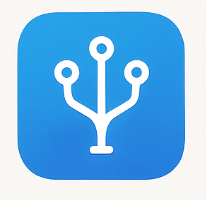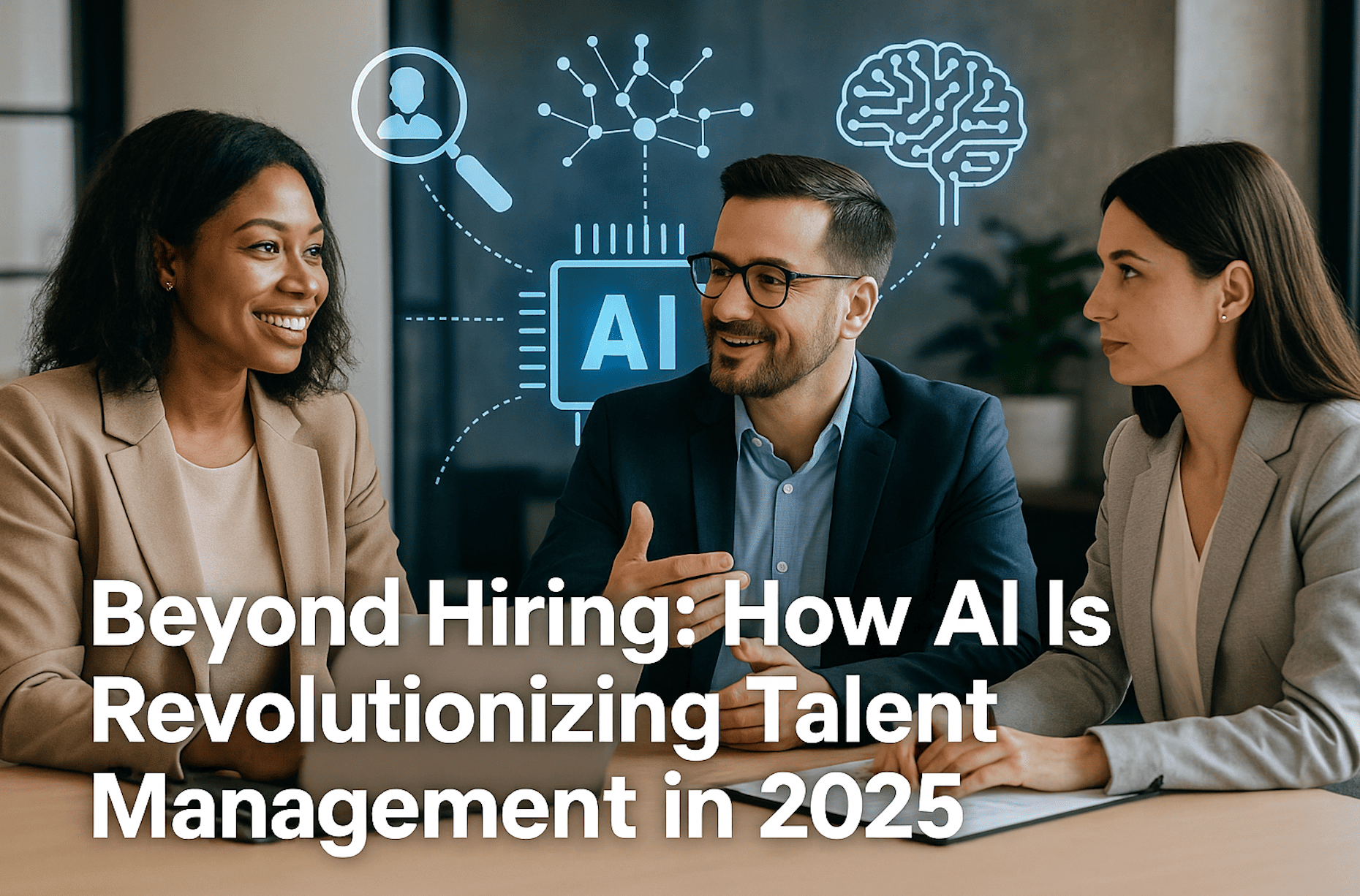AI is no longer just automating tasks — it’s reshaping how organizations attract, retain, and grow their people. As workplaces become more agile and data-driven, AI empowers HR teams to move beyond traditional hiring and into the realm of predictive planning, personalized development, and proactive retention. Whether you’re an HR leader, business strategist, or tech-savvy founder, understanding the role of AI in talent management is no longer optional — it’s essential.
What AI Means for the Future of Talent
AI in HR unlocks a competitive edge by combining data, automation, and predictive insights. Instead of reacting to talent challenges, AI enables organizations to forecast and solve them ahead of time.
Key capabilities include:
-
Screening candidates with precision and fairness
-
Detecting engagement trends and retention risks
-
Recommending personalized learning paths
-
Monitoring performance through real-time dashboards
-
Aligning talent strategy with company growth objectives
The Strategic Advantage of AI-Driven HR
AI tools give HR professionals the insights and automation they need to focus on people, not paperwork.
| Area | AI Application |
|---|---|
| Recruitment | Resume parsing, chatbot interviews, predictive fit scoring |
| Learning & Development | Personalized upskilling journeys, real-time feedback loops |
| Retention & Engagement | Sentiment tracking, burnout detection, automated pulse surveys |
| Workforce Planning | Skill gap analysis, succession modeling, resource forecasting |
| Diversity & Inclusion | Bias audits, fair screening, equitable advancement tracking |
Transforming HR from Reactive to Proactive
Smarter Hiring
AI ranks applicants based on job-match data — not gut instinct — reducing bias and time-to-hire.
Real-Time Performance Insights
AI dashboards deliver KPIs, engagement signals, and productivity trends directly to managers.
Customized Development at Scale
Each employee receives unique training recommendations based on their goals, skills, and learning patterns.
Elevating the Candidate Experience
Chatbots answer questions, schedule interviews, and deliver updates — improving conversion and first impressions.
Keeping AI Ethical and Human-Centered
As AI becomes more embedded in HR, ethical considerations must stay front and center.
-
Train systems on diverse, inclusive datasets
-
Offer transparency into how hiring decisions are made
-
Protect sensitive data and comply with local regulations
-
Ensure human oversight remains a core part of decision-making
Organizations that succeed will be those that blend AI with empathy, not replace it.
Shaping Talent for the Cities of the Future
Smart cities require forward-thinking HR. As urban innovation accelerates, AI helps public and private sector teams:
-
Identify emerging job trends
-
Forecast talent shortages
-
Build workforces that can adapt to AI-enabled urban systems
-
Integrate workforce development with smart infrastructure planning
HR isn’t just supporting the city of tomorrow — it’s helping build it.
Skills HR Professionals Need Now
AI in HR doesn’t replace people — it upgrades them. Today’s HR teams must evolve with:
-
Fluency in data analytics and visualization tools
-
Comfort with AI-powered platforms and automation logic
-
Understanding of data ethics, bias mitigation, and transparency
-
Ability to align talent strategies with tech-driven business goals
Continuous learning and digital literacy will define the next generation of HR leadership.
AI is not the future of HR — it’s already here. The organizations that embrace it now will lead in innovation, inclusion, and impact. Talent management is no longer just about filling roles — it’s about designing a workforce that thrives, evolves, and competes. And AI is the key to making it happen.


Laisser un commentaire